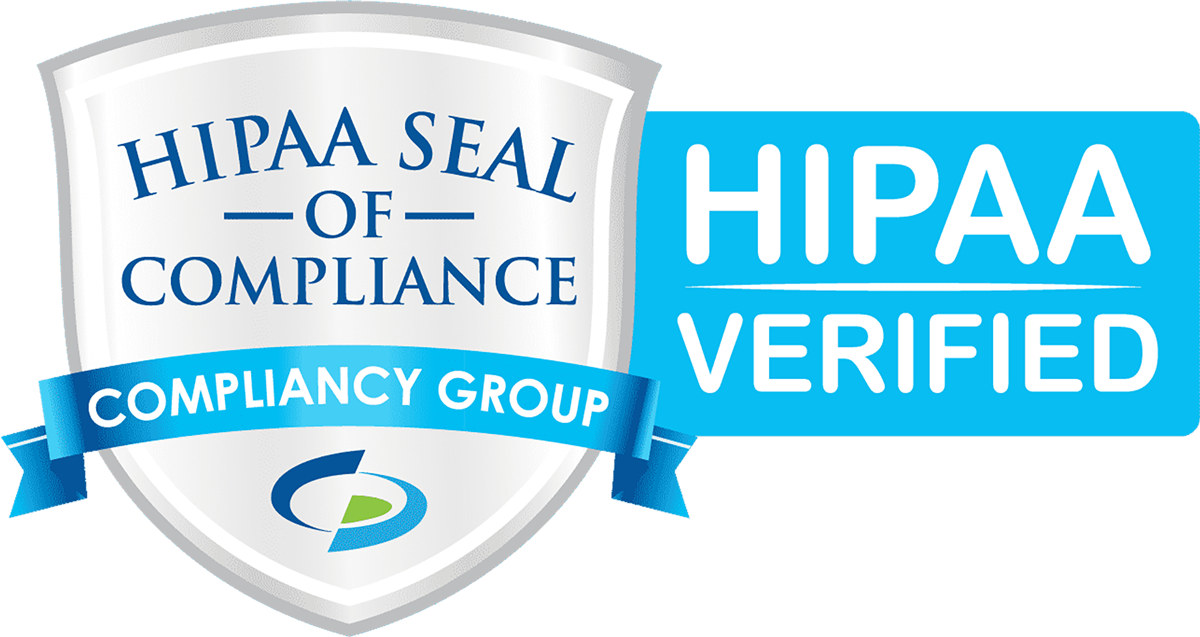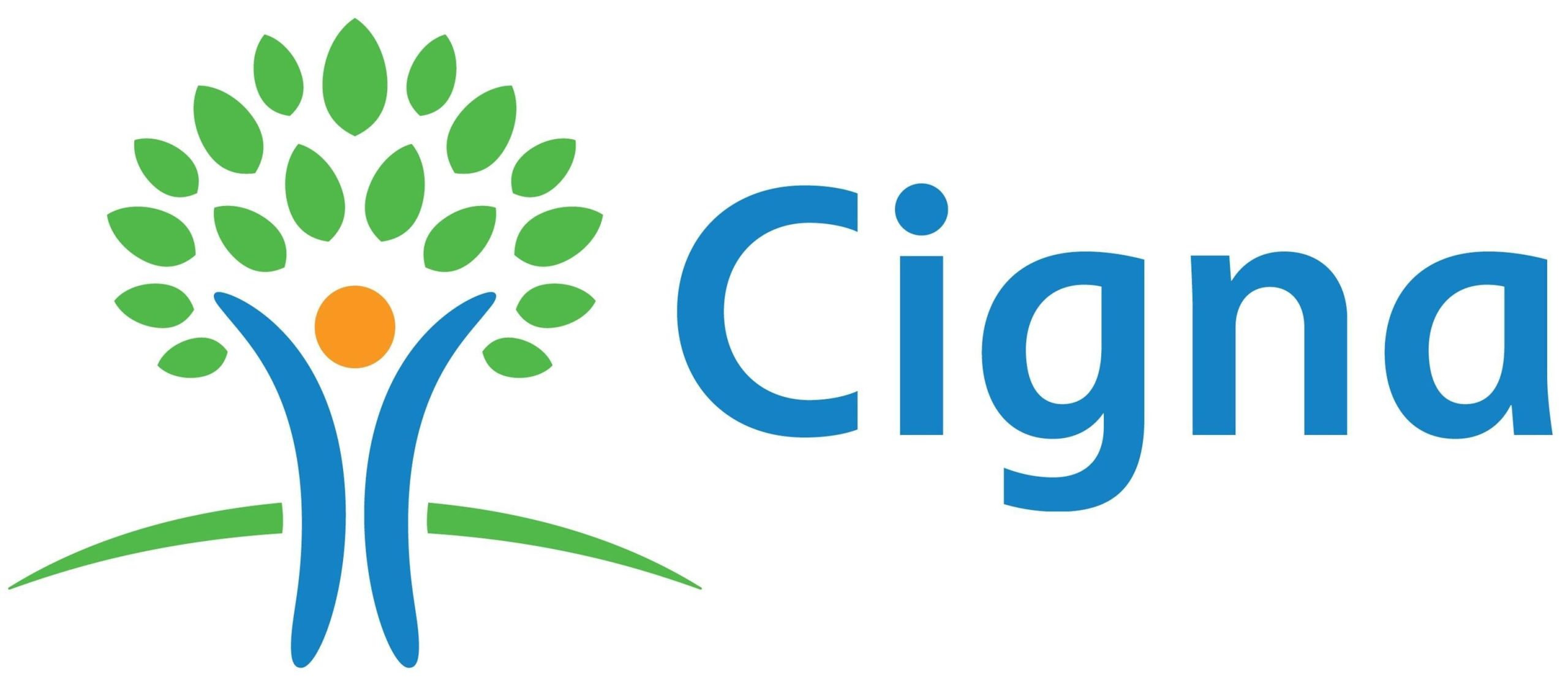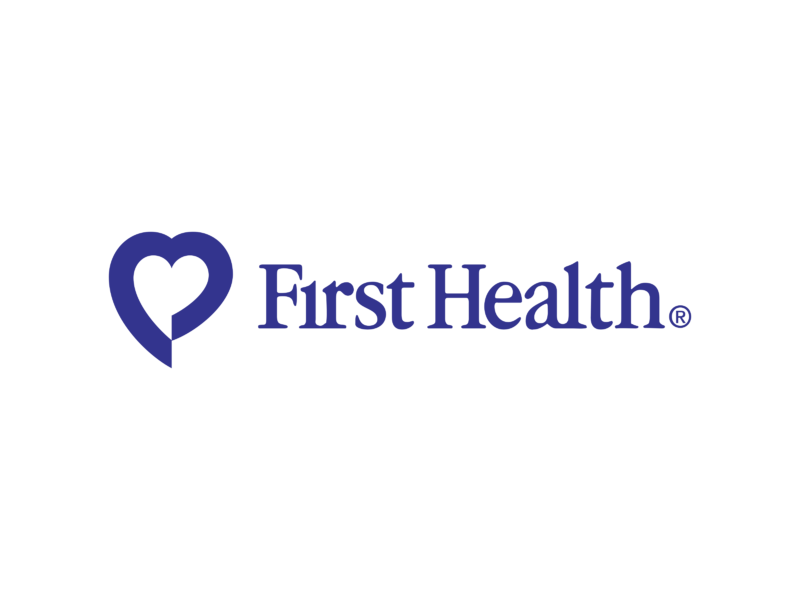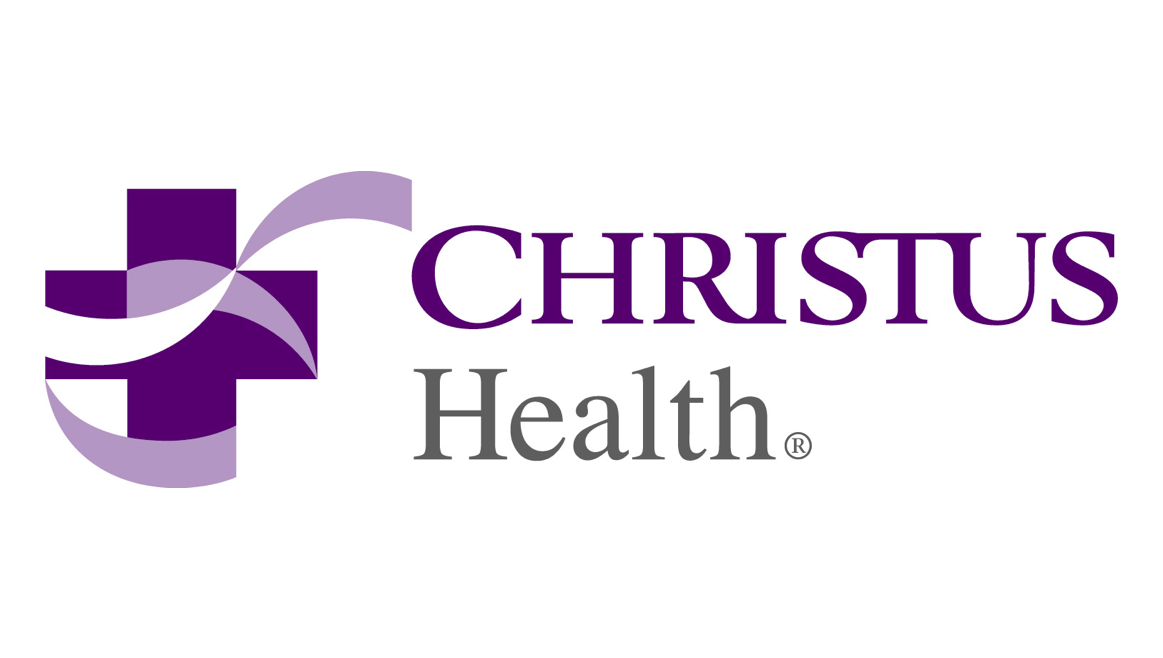Understanding Bipolar Disorder
Bipolar disorder is a complex mental health condition that requires a comprehensive understanding for effective management. Our Bright Path Program offers specialized treatment designed to help individuals navigate this condition successfully.
Definition and Symptoms
Bipolar disorder, also known as manic-depressive illness, is characterized by extreme mood swings that include emotional highs (mania or hypomania) and lows (depression). These mood shifts can affect sleep, energy levels, behavior, and the ability to carry out daily tasks.
Symptoms of mania:
- Increased energy or activity
- Euphoric or irritable mood
- Decreased need for sleep
- Racing thoughts
- Talkativeness
- Distractibility
Symptoms of depression:
- Sad or hopeless mood
- Loss of interest in most activities
- Fatigue or lack of energy
- Difficulty concentrating
- Changes in appetite or weight
- Thoughts of death or suicide
Bipolar disorder is a lifelong condition, best diagnosed and treated by a skilled psychiatrist specializing in bipolar and related disorders.
Importance of Proper Diagnosis
Proper diagnosis of bipolar disorder is crucial for effective treatment. Misdiagnosis can lead to inappropriate treatments that may not address the symptoms and could potentially worsen the individual’s mental health. Our program emphasizes the importance of accurate diagnosis through thorough assessment and evaluation.
The Systematic Treatment Enhancement Program for Bipolar Disorder (STEP-BD) is a significant research project involving over 4,000 diagnosed individuals, aimed at assessing the effectiveness of different treatments for bipolar disorder. The findings underscore the need for early identification of bipolar symptoms and the implementation of a solid treatment plan.
Our approach integrates psychotherapy and counseling, medication management, lifestyle adjustments, and consistent routines. This multifaceted strategy can greatly improve the quality of life for those affected by bipolar disorder.
For additional information about managing mental health conditions, explore our resources on partial hospitalization programs, intensive out-patient programs, and transitional independent living.
Treatment Options for Bipolar Disorder
At Bright Path Program, we offer a comprehensive approach to bipolar disorder treatment. Our methods include medication management, psychotherapy, and lifestyle interventions to support long-term wellness.
Medication Management
Medication management plays a key role in treating bipolar disorder. We prescribe medications based on individual needs to help stabilize mood and reduce the intensity of manic and depressive episodes.
| Medication Type | Function | Key Information |
|---|---|---|
| Lithium | Mood Stabilizer | Prescribed for at least 6 months, with regular blood tests to monitor levels and kidney/thyroid function (NHS) |
| Anticonvulsants | Mood Stabilizer | Used to control mood swings and prevent episodes |
| Antipsychotics | Treat Manic Episodes | May also serve as long-term mood stabilizers; regular health checks needed, especially for diabetes patients (NHS) |
Psychotherapy and Counseling
Psychotherapy is essential in managing bipolar disorder. At Bright Path, we provide a variety of therapeutic options:
- Cognitive Behavioral Therapy (CBT): Helps modify negative thought patterns and behaviors.
- Dialectical Behavior Therapy (DBT): Focuses on mindfulness, emotion regulation, and distress tolerance.
- Radically Open Dialectical Behavior Therapy (RO DBT): Targets those with emotional overcontrol and supports social connectedness.
These therapies aim to enhance coping strategies and improve overall mental health.
Lifestyle Interventions
Lifestyle changes are critical in managing bipolar disorder. Our focus includes nutrition, exercise, and sleep:
- Nutrition:
- Balanced diets with fruits, vegetables, lean protein, and whole grains.
- Reduce intake of fat, salt, and sugar (WebMD).
- Exercise:
- At least 30 minutes a day, most days of the week.
- Activities like walking, with a gradual approach.
- Sleep and Routine:
- Maintaining a consistent sleep schedule.
- Creating a calming bedtime routine.
Implementing these changes can significantly improve mood stability and quality of life.
For more information on our comprehensive programs and specialized services, such as our intensive out-patient program or partial hospitalization program, explore our website.
Key Medications for Bipolar Disorder
Medication management is a cornerstone of bipolar disorder treatment. At Bright Path Program, we employ a variety of medications to help manage and stabilize mood swings associated with bipolar disorder. Below, we explore the key medications used in our treatment program.
Lithium
Lithium is a primary medication used for treating bipolar disorder, often prescribed for at least six months. It’s known for its effectiveness in stabilizing mood swings and preventing manic and depressive episodes.
Regular monitoring is essential while taking lithium. Blood tests are conducted to check lithium levels as well as kidney and thyroid function to ensure safety and efficacy.
| Monitoring Parameter | Frequency |
|---|---|
| Lithium Levels | Every 3 months |
| Kidney Function | Every 6 months |
| Thyroid Function | Every 6 months |
For those undergoing lithium treatment, we emphasize the importance of following a structured day programming schedule to maintain consistency and efficacy in treatment.
Anticonvulsants
Anticonvulsants, often referred to as mood stabilizers, play a significant role in the management of bipolar disorder (WebMD). Valproate and lamotrigine are commonly used anticonvulsants in our treatment protocols.
Valproate, although effective, is not usually prescribed to individuals under 55 due to potential risks during pregnancy. However, a specialist may still opt for valproate after a thorough assessment.
| Medication | Common Use | Key Notes |
|---|---|---|
| Valproate | Mood Stabilization | Not for individuals <55 or pregnant women without special considerations |
| Lamotrigine | Mood Stabilization, particularly depressive states | Requires gradual dosing to minimize rash risk |
Incorporating these medications into a supportive environment such as our partial hospitalization program ensures comprehensive care and monitoring.
Antipsychotic Medications
Antipsychotic medications are frequently used to manage episodes of mania and as long-term mood stabilizers (NHS). These medications work by affecting neurotransmitters in the brain that regulate mood and behavior.
Common antipsychotic medications include Lumateperone, Quetiapine, Olanzapine, Lurasidone, and Cariprazine.
| Medication | Common Use | Key Notes |
|---|---|---|
| Lumateperone | Bipolar Depression | Regular health checks required |
| Quetiapine | Manic and Depressive Episodes | Effective across various mood states |
| Olanzapine | Mania, Long-term Stabilization | Monitoring for diabetes in patients |
| Lurasidone | Bipolar Depression | Well-tolerated with fewer side effects |
| Cariprazine | Mania, Mixed States | Long-acting formulation available |
At Bright Path Program, incorporating these medications into our intensive out-patient program allows for close monitoring and adjustments, ensuring the best outcome for our clients.
Understanding and effectively using these medications is a critical component of our comprehensive approach to treating bipolar disorder. The right medication, combined with supportive therapies like cognitive behavioral therapy, can significantly improve quality of life for those affected by this condition.
Managing Treatment Side Effects
Effectively managing the side effects of bipolar disorder treatment is crucial to maintaining patient adherence and achieving long-term positive outcomes. Our program at Bright Path prioritizes the careful monitoring and adjustment of medications, as well as addressing any adverse effects that may arise.
Monitoring and Adjusting Medication
Medications used to treat bipolar disorder can have various side effects, including weight gain, metabolic dysregulation, sedation, and akathisia (PubMed). It is essential to monitor these effects closely to ensure the patient’s well-being and treatment adherence.
| Common Side Effects | Description |
|---|---|
| Weight Gain | Increase in body weight, often linked to metabolic changes |
| Metabolic Dysregulation | Issues such as dyslipidemia, hypertension, hyperglycemia |
| Sedation | Excessive drowsiness, impacting daily functioning |
| Akathisia | Restlessness and a need to move, often due to antipsychotic medications |
Regular monitoring can help us understand how each patient responds to their prescribed regimen. Based on this, we can make necessary adjustments to the medication or dosage. For those experiencing significant side effects, switching to medications with a lower propensity for issues like sedation or metabolic effects may be considered. Such personalized approaches ensure our patients receive the most effective treatment with minimal discomfort.
Addressing Adverse Effects
Addressing adverse effects promptly and effectively is essential in managing bipolar disorder treatment. Some common strategies include lifestyle modifications, additional medications, and thorough consultations.
Lifestyle Modifications:
- Diet and Nutrition: Implementing dietary changes can help manage weight gain and metabolic issues. Patients are encouraged to follow balanced diets rich in essential nutrients.
- Exercise: Regular physical activity helps in mitigating weight gain and improving overall metabolic health.
Medication Adjustments:
When lifestyle modifications are insufficient, various medications can be considered to address specific issues like obesity or metabolic dysregulation. Additionally, alternative medications with lower side effects profiles can be prescribed.
Consultations:
Patients considering pregnancy or breastfeeding need special attention. Some medications, like Valproic acid and divalproex sodium, should be avoided during pregnancy due to risk of birth defects. Additionally, mood stabilizers like Carbamazepine may reduce the effectiveness of certain birth control methods. Consulting with a healthcare provider ensures that patients receive safe and appropriate treatment.
For further guidance and a support system, explore our therapy and support groups and family support resources. Our team at Bright Path is dedicated to providing comprehensive care, addressing not just the mood symptoms, but also the adverse effects associated with bipolar disorder treatment.
Support Systems for Bipolar Disorder
When managing bipolar disorder, support systems play a crucial role in the treatment process. Our program emphasizes the importance of robust support networks, including family, social connections, and group therapy.
Family and Social Support
For those living with bipolar disorder, family and social support is indispensable. Educating family members on recognizing the signs of bipolar disorder, such as reckless behavior or dramatic mood swings, is essential. Family members can help identify potentially harmful behaviors and intervene early, thereby offering immediate support and understanding.
It’s also crucial that the family and the social circle help individuals discern between healthy and risky relationships. This can be particularly important if the person associates with individuals engaging in problematic behaviors like substance abuse. Having a vigilant support system allows for timely intervention and reduction of risky behavior patterns.
By fostering a nurturing and informed environment, family and social networks can provide stability and encouragement, aiding in better management of the disorder. To learn more about how families can support their loved ones, visit our resources on transitional independent living and day programming.
Therapy and Support Groups
Therapy and support groups serve as a lifeline for individuals with bipolar disorder. These settings offer a structured environment where individuals can share experiences, discuss challenges, and find collective solutions.
Support groups and group therapy sessions provide emotional and psychological relief, helping participants to feel less isolated. Engaging in these forums connects individuals with others facing similar issues, fostering a community of mutual support and understanding.
In instances where family or loved ones are unavailable, support groups and therapy can fill the gap, ensuring that individuals receive the care and attention they need. Our program offers a variety of group therapy options, including cognitive behavioral therapy, dialectical behavior therapy, and radically open dialectical behavior therapy.
Building a supportive network is fundamental in the successful treatment of bipolar disorder. With the right combination of familial support, social connections, and group therapy, individuals can navigate their journey towards stability and well-being. Explore more about our therapy options and create a brighter future today.
Importance of Lifestyle in Bipolar Management
Lifestyle factors play a crucial role in the management of bipolar disorder. At Bright Path Program, we emphasize the importance of balanced nutrition, regular exercise, and maintaining a consistent sleep routine as integral components of our holistic approach to bipolar disorder treatment.
Nutrition and Diet
A balanced diet can significantly impact the overall well-being of individuals with bipolar disorder. Proper nutrition helps to stabilize mood and provides the necessary nutrients for optimal brain function. We recommend focusing on:
- Fruits and Vegetables: Rich in vitamins and antioxidants, essential for brain health.
- Lean Proteins: Helps to maintain muscle mass and improve energy levels.
- Whole Grains: Provides steady energy and supports digestion.
- Healthy Fats: Such as those found in fish, nuts, and olive oil, which are beneficial for brain health.
Reducing the intake of fat, salt, and sugar can prevent weight gain, which is often a side effect of some bipolar medications. Studies have shown lifestyle modifications, including dietary changes, are crucial in managing weight gain, dyslipidemia, hypertension, and hyperglycemia in patients with bipolar disorder. For more information on nutrition and mental health, check out our section on dietary interventions and mental well-being.
Exercise and Physical Well-being
Regular physical activity is vital for mood stabilization and overall physical health. Exercise has been proven to improve mood, reduce stress, and promote better sleep.
The National Institute of Mental Health recommends activities such as jogging, swimming, and cycling (Healthline). Starting with at least 30 minutes of exercise most days of the week can make a significant difference. A gradual approach starting with simple exercises like walking is often recommended.
| Exercise Type | Duration | Frequency |
|---|---|---|
| Walking | 30 minutes | Most days |
| Jogging | 30 minutes | 3-4 times a week |
| Swimming | 30 minutes | 3 times a week |
| Cycling | 30 minutes | 3-4 times a week |
Regular exercise is an essential part of our intensive out-patient program and other treatments. For further guidance on incorporating exercise into your daily routine, see our article on exercise and mental health.
Sleep and Routine
Consistent sleep patterns are critical for managing bipolar disorder. Disrupted sleep can lead to mood swings and exacerbate symptoms. At Bright Path Program, we promote the importance of sleep hygiene and establishing a routine.
Some tips include:
- Regular Sleep Schedule: Go to bed and wake up at the same time every day.
- Relaxing Bedtime Routine: Activities like reading or taking a warm bath to unwind.
- Sleep Environment: Ensure your bedroom is dark, quiet, and cool.
- Limit Stimulants: Avoid caffeine and electronic devices close to bedtime.
Proper sleep hygiene is embedded in our daily and transitional independent living programs to support individuals in creating sustainable healthy habits.
By integrating balanced nutrition, regular exercise, and consistent sleep routines into our bipolar disorder treatment, we aim to provide comprehensive care that addresses both mental and physical well-being. For more information on how lifestyle modifications can aid in the management of bipolar disorder, visit our section on lifestyle interventions.









 I absolutely 100% recommend this Facility!! It’s so perfectly structured and the Team here is amazing hands down!!!
I absolutely 100% recommend this Facility!! It’s so perfectly structured and the Team here is amazing hands down!!!  Jared, Isaac, Jerry, Tina, Kim, Mike, Travis, Brittany, Rebecca, ALL the nurses, the management and so many many more people have seriously impacted my life here to grow and be successful for myself.
Thank you Plum Creek for EVERYTHING!
The best experience ever
Jared, Isaac, Jerry, Tina, Kim, Mike, Travis, Brittany, Rebecca, ALL the nurses, the management and so many many more people have seriously impacted my life here to grow and be successful for myself.
Thank you Plum Creek for EVERYTHING!
The best experience ever  "
"






